Customer retention refers to the activities a brand performs to hold regular clients and build relations with them, turning them into loyal customers or brand advocates.
While email marketing is one of the most powerful customer retention tools, small business owners in retail often ignore it. They focus more on customer acquisition, although even a slight increase in retention can result in a profit boost of 25%.
Worth your attention, agree?
Besides reduced costs, customer retention’s most significant advantages include increased sales (loyal customers typically are ready to spend more money on your products than newly acquired ones) and a positive brand reputation.
In this article, you’ll find seven strategies to use marketing emails for successful customer retention in your business.
Send welcome emails
Do your best to send welcome emails once you’ve got a new customer’s email. Whether it’s after they’ve been assigned to your newsletter or after they’ve purchased a product at your retail website, a welcome email is the most effective way to start your business-customer relationship.
It’s a chance to introduce your business to a new consumer and tell about your products, services, or features. Welcome emails help start the relationship on a positive note, separate you from spam, and remind consumers of the main reason they’ve signed up.
So, welcome your every new lead aboard, share helpful links and contact information, and let them know you appreciate their support.
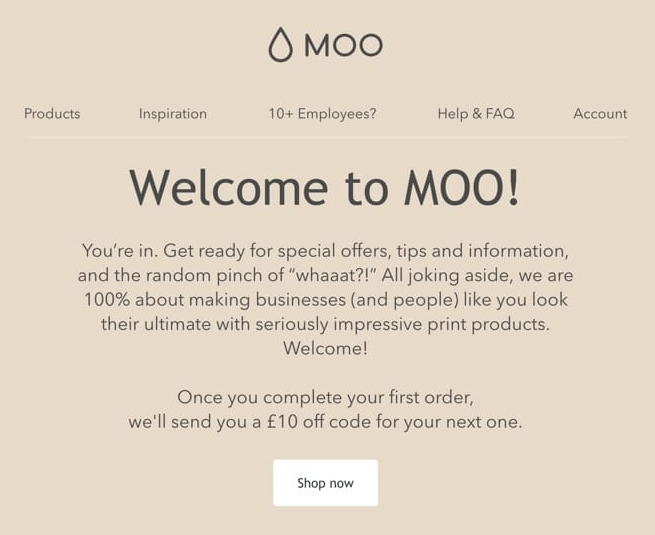
Share valuable content and exciting brand stories
Customer retention is not only about promoting your products but nurturing your relationships as well. Provide something valuable to your audience in emails: It can be interviews with inspiring people, case studies, educational blog articles helping users to solve their problems, etc.
It’s how soft sales work: Instead of bombarding your customers with promotional emails, attract and nurture their interest in your small business with relevant advice and solutions to their struggles.
Another way to engage with the audience is to use storytelling in emails. You can ask for success stories from customers who used your product on how it helped them. Or, identify the common pain points in your niche and share stories about how your product or service can solve them.
Ask customers for reviews and feedback
Email customers to request their feedback on working with you. Not only will such emails engage and show how much you appreciate their opinion, but they will also allow growing your retail business.
Send polls, surveys, or questionnaires to customers. You can also ask them to write a review of your products on Google, Amazon, etc. Getting constructive feedback from customers will help you understand what else you can do to improve your service.
Plus, customer reviews will help your SEO and brand reputation online. They’ll allow attracting new clients to your business too.
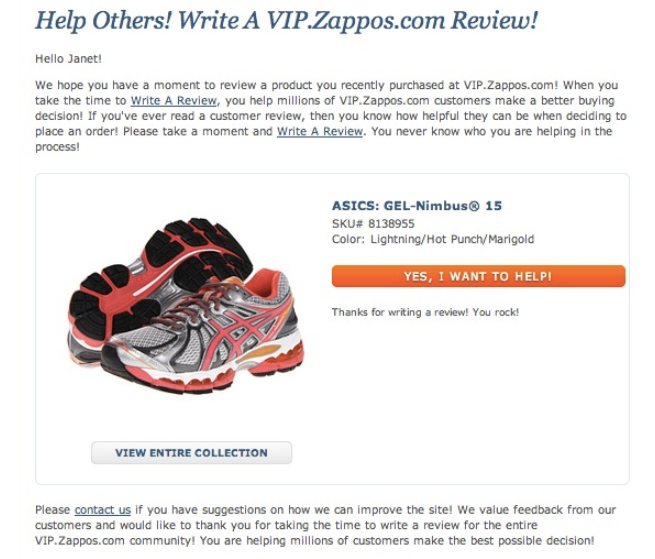
Remind about items they left in a cart
It often happens that a customer forgets about items they leave in a cart or bonuses they’ve left unclaimed. If that’s the case, sending email reminders can influence your business conversion by far.
Feel free to send such emails when you have new services, offer discounts on products your particular customer might be interested in, organize a sale, and more. If you have any subscription-based products, email reminders can warm up customers to upgrade after free trials, use their coupon codes, resume payments, etc.
Send thank you emails (with rewards)
Thank-you emails work great to build trust, in-person connections with customers, and keep them coming back. Tell your clients that you appreciate them and are happy they’ve joined you — and they’ll come to believe that they’ve made the right choice.
When to send a thank-you email? Thank customers for an order, a purchase, a review, or a subscription to your newsletter.
The open rate of thank-you emails is thrice bigger than of regular ones, meaning they provide business owners with endless opportunities for customer retention and engagement. With your thank-you note, feel free to offer a reward such as a free perk or discount so that a customer would feel your appreciation.
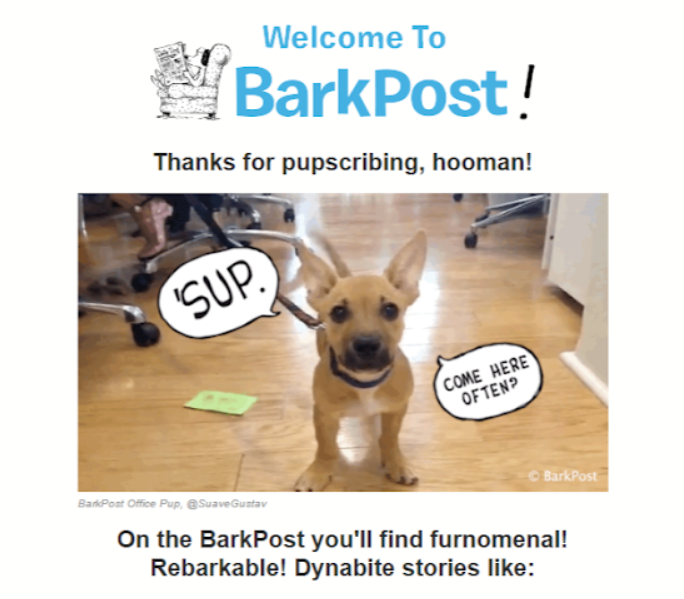
Re-engage them with warm emails
Sometimes it happens that customers stop interacting with your small business: They don’t order from you anymore, don’t open your emails, and don’t visit your website. The reasons may be different, but you can re-engage such clients with warm emails.
By warm, we mean “We miss you” emails, reminding your inactive users of the benefits they can get from you. It includes all the potential perks: extra offers, discounts, upgrades of your products or services, and more.
Show that you’re listening to them: Consider customer segmentation and extra personalization in email’s body and your signature to warm up your audience. Use the data from their past activity with your small business to communicate a more engaging message.
To make it even more convertible, offer a free perk or discount for their return.
Congratulate them on birthdays
Do you know that birthday emails have a 179% higher CTR and generate 342% higher revenue? So why not add this option to your email customer retention strategy?
How do you know when your customers have birthdays? Ask them to specify it at the registration stage or send a separate email to encourage them to share personal data.
Besides birthdays, you are welcome to give clients perks for being with you (the anniversary of signing up with you, the first order, etc.). Also, think about assigning special status to regular customers (gold, diamond, you choose) and thank them with perks like free shipping, permanent discount, etc.
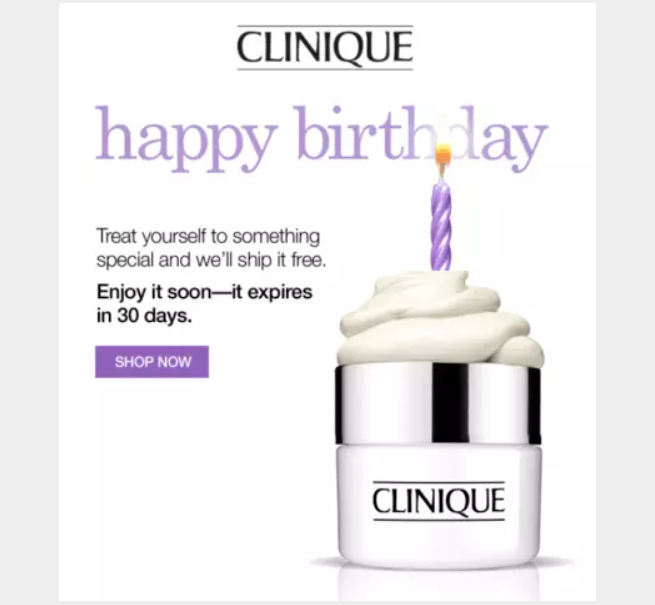
Now, over to you:
Loyal customers are the greatest asset of your retail business: They help you earn money and build your brand reputation. So, focusing your time on their experience with your brand and improving it for even more loyalty and trust from their side is worth the cost.
Email marketing remains the best way to communicate with customers and boost their retention. It’s more personal and direct than other methods, so why not consider the above email strategies when framing your small business marketing plan?
Lesley Vos is a seasoned web writer who helps peers develop the confidence and skills for better content creation and promotion. Don’t hesitate to read her works on Bid4Papers.com blog to discover the world of college writing, and feel free to get in touch on Twitter @Lesley Vos.

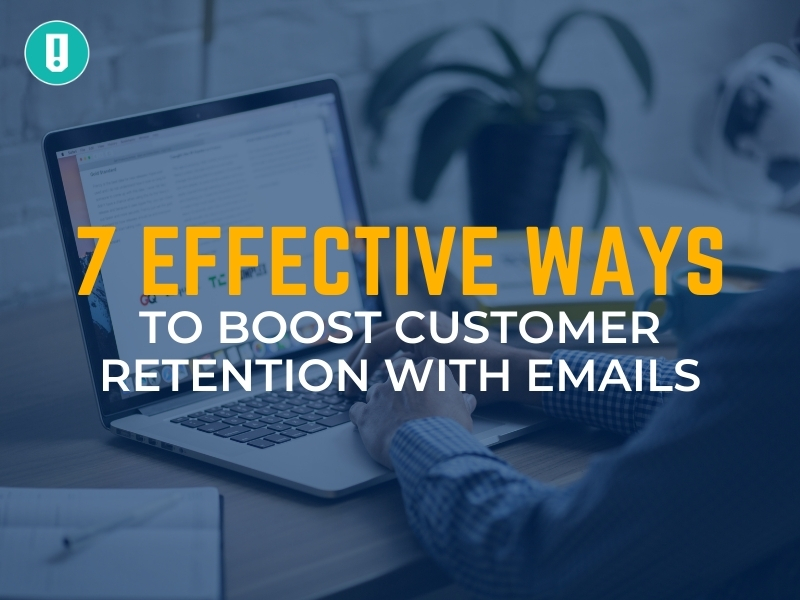

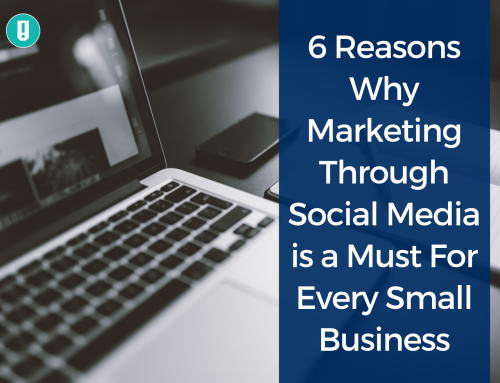
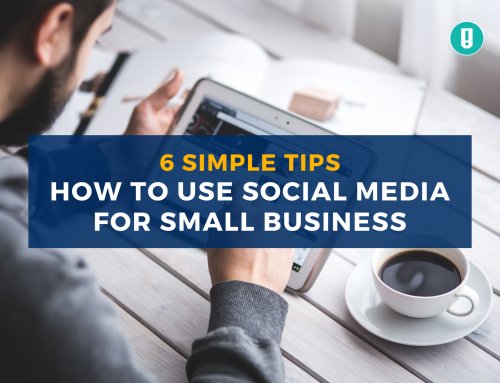

Leave A Comment